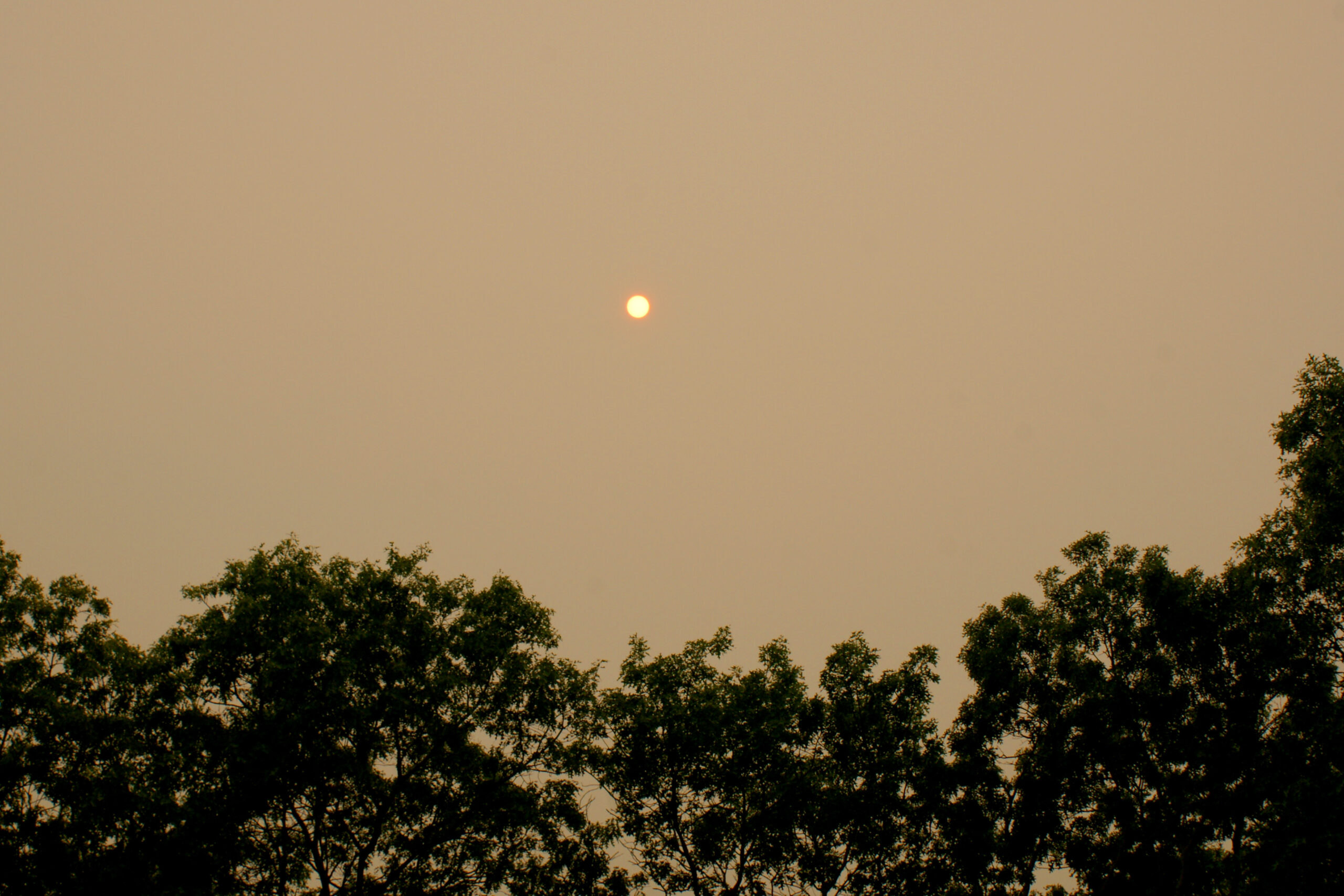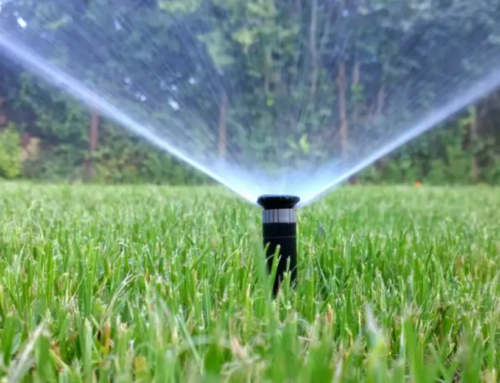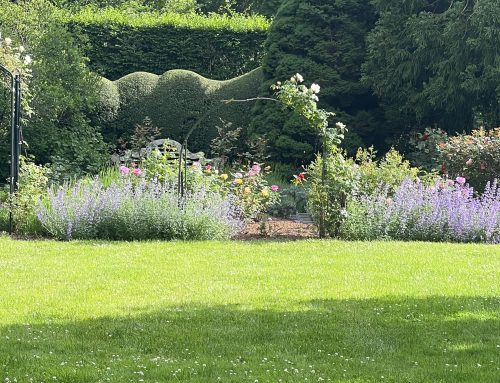We have been experiencing poor air quality due to the Canadian wildfires and we have a new appreciation for blue skies. But how do we protect our air from pollutants in our daily lives? Will smog become a part of our future here on the East End? And what does our air have to do with Lake Agawam?

There are simple landscaping practices that can clean Lake Agawam and protect our air. The first is to stop using gas-powered leaf blowers. Their toxic exhaust contains carcinogenic emissions such as formaldehyde, carbon monoxide, and fine particulate matter, all of which impair human and environmental health even after short exposures. Extensive evidence demonstrates that their emissions lead to cardiovascular disease, stroke, respiratory disease, cancer, neurological conditions and premature death. The emissions create smog in the air and contaminate all our drinking and ground water.
As cars get cleaner, two-stroke lawn equipment relies on a crude combustion of gasoline and oil. According to the EPA, one hour of gas powered leaf blowing releases 5 pounds of particulate matter into the air, which may take days to settle. These microscopic particles pass from the lungs into the bloodstream, exacerbating asthma, allergies and even leading to cancer. In 2020 in California, gas-powered lawn machinery produced more ozone pollution than all of the state’s 31 million motor vehicles combined.
In addition to the emissions, large amounts of gas is spilled when filling up gas cans at the pump to refuel gas-powered lawn tools. The EPA estimates more than 17 million gallons of gas are spilled every year from refueling lawn and garden equipment, which is equivalent to a large oil spill. Gas-powered blowers stir up dust which contains pollen, mold, animal feces, heavy metals, and chemicals from herbicides and pesticides which the operators and passersby will inhale and surface waters will absorb.
By purchasing for your own use or requiring your landscaper to use electric or battery-powered equipment, you will make a significant difference in our water and air quality since they do not produce any emissions and do not cause gasoline spillage. The current summer restrictions on gas blowers are often violated, as you can hear their deafening noise all summer long. Make the switch today!
The second step in protecting Lake Agawam is to stop using chemical fertilizers, pesticides, and herbicides on your property. Sustainable landscaping practices such as raising grass height, leaving clippings on grass, composting all plant material and recirculating compost as fertilizer on property will allow your garden to replenish itself without using chemicals. Let clover grow on your lawn, it will provide nature’s own fertilizer.



